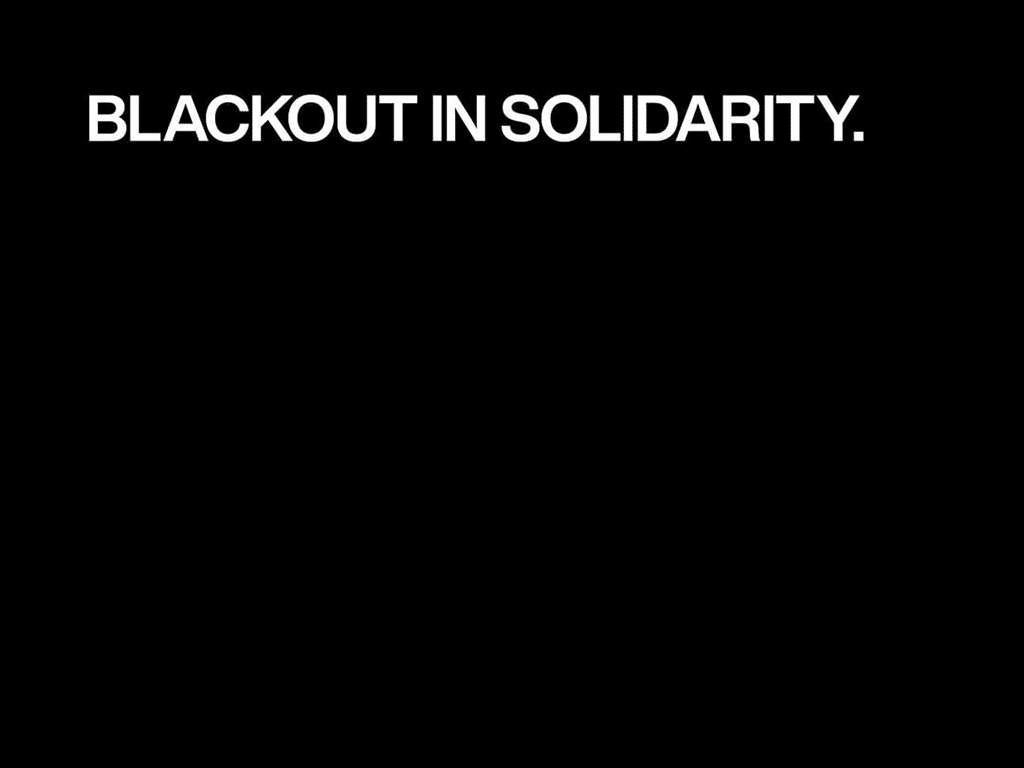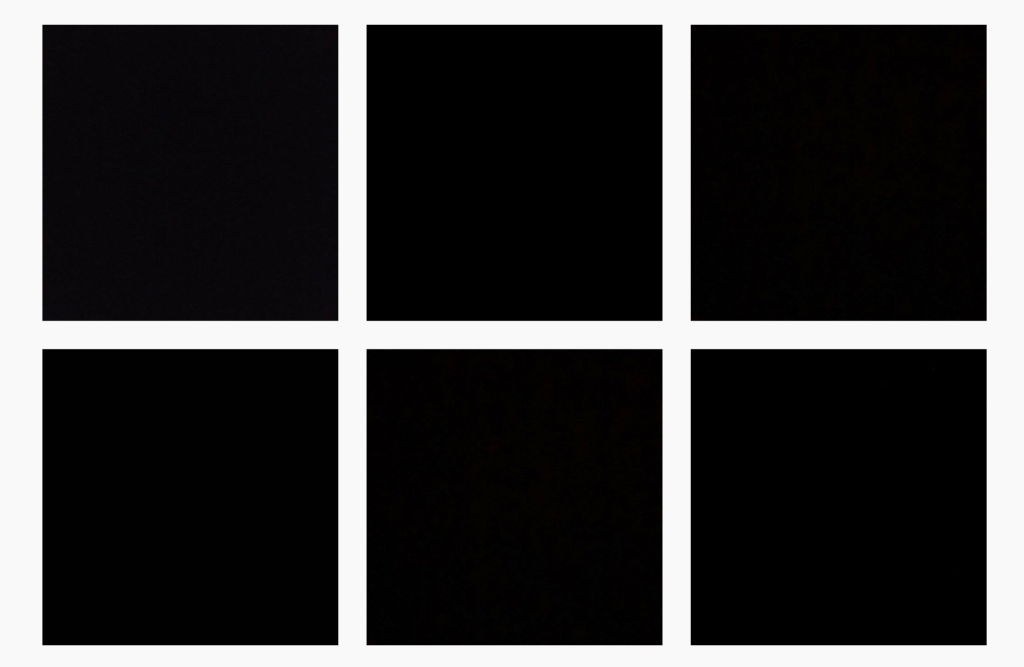
On Tuesday June 2nd, Instagram users around the world participated in #BlackOutTuesday to stand in solidarity for Black Lives Matter and the protests in response to George Floyd’s death.
The movement was initiated by Jamila Thomas and Brianna Agyemang, two Black women in the American music industry. The women started a website called #TheShowMustBePaused where they challenged record labels and musicians to pause their work on Tuesday, allowing for a day of reflection, reading, listening and productive conversation around racism in America.
Scroll to the bottom of the homepage, and they also provide resources to help support different causes, including donation links to help the families of Ahmed Aubrey, Breonna Taylor and George Floyd.
After various industry professionals tweeted that they’d be participating in #BlackOutTuesday, the movement quickly spread to social media with a similar message— take a break on June 2nd from posting your own content on Instagram to allow for reflection.
And if you do post, only share information and resources related to the conversation.
However, it seems somewhere along the way the message shifted from a day of amplifying Black voices to a day of white people cluttering the feed with black boxes.

With over 26 million posts and counting, #BlackOutTuesday is being criticised as a cop-out for white folks to scrape by doing the bare minimum.
Though certainly moving in its own way, scrolling through a feed of black boxes with no information or call to action provided has some people feeling like this is virtue signaling at its worst— its the easiest way for non-Black users to appear “woke” to their followers without saying anything of value.
Posting a black tile without any context is equivalent to taking the path of least resistance and gives non-Black users a sense of accomplishment without having to take accountability for participating in the Black Lives Matter movement. It’s for these reasons that many say it feels disingenuous to see BlackOut Tuesday posts from users who have been otherwise silent on the events of this week.
not tryna be announcing but what if we posted donation and petitions links on instagram all at the same time instead of pitch black images.
— nope (@LilNasX) June 2, 2020
black screens don’t do anything for black lives.
— isra hirsi (@israhirsi) June 2, 2020
Others argue it’s flat out counter-productive, as you can’t “raise awareness” without providing any information or helpful resources.
The important information, such as news about the protests, riots, and police violence occurring in America right now, is being drowned out by a sea of black tiles with nothing more than a #BlackOutTuesday hashtag in the caption.
the blackout tuesday does NOT mean to simply post a black picture and leave social media for the day. It means to stop promoting your own stuff for 24 hours, and instead amplify the voices & projects of Black creators, writers, directors, activists and more. pass it on.
— Rodney V. Smith (@iamrodneyvsmith) June 2, 2020
I hate it honestly like there SO MUCH that needs to be shared … and a black screen with nothing … means nothing.. like I get the message in a way, but my timeline now is FILLED with black screens… I can’t see any news, no videos, no protest. Nothing. JUST BLACK SQUARES!!!
— åšhłëïgh #BlackLivesMatter✊? (@GroovyAJ1) June 2, 2020
Alternatively, there are those who believe the symbolism alone is making an impact, as scrolling through an Instagram feed filled with back tiles rather than colourful photos is a statement in and of itself.
Many Black users say the display has been emotionally moving because for the first time in their lives, they realise they are not alone.
I agree! It made me feel infinitely less alone in all of this. It also made me realize just how alone I’ve been feeling this whole time. ❤️
— Elizabeth Crowder (@lzcrowder) June 2, 2020
Regardless of intent, the #BlackOutTuesday movement highlights the importance of research and education in the face of public activism.
Piggybacking on a social media “trend” out of fear of persecution from friends and followers is not a good enough excuse when lives are at stake.
Do your due diligence. Understand the root cause. Believe in what you’re posting. And aim to do better.
Because in the end, your efforts could be doing more harm than good.
if black people are telling you the blackout squares aren’t helpful, and you’re still posting them, ask yourself who you’re posting them for
— taylor garron (@casualafro) June 2, 2020
Click here for ways to help with Black Lives Matter movement.
*Please note if you are participating in BlackOut Tuesday do not use the #BlackLivesMatter or #BLM hashtags, as this further dilutes the access to resources.


